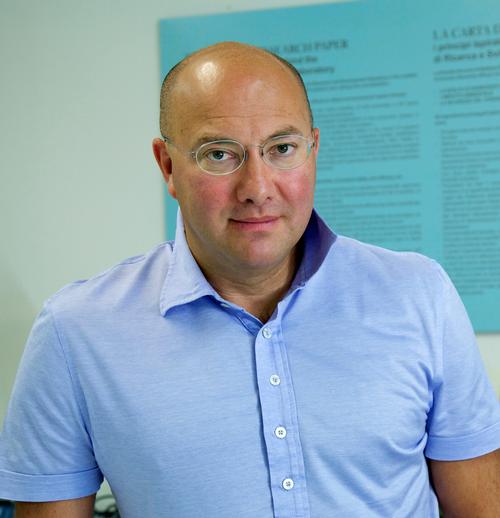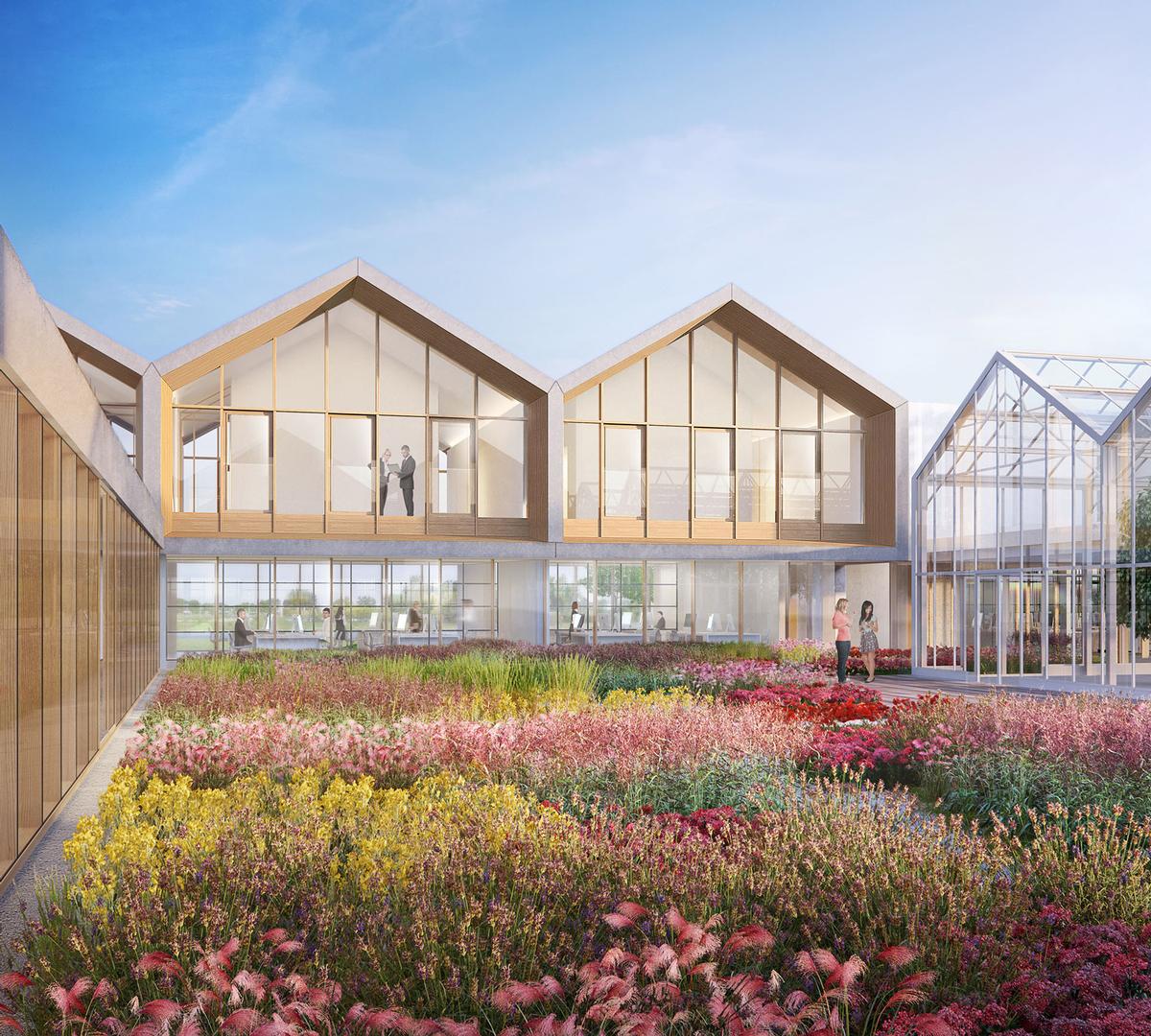see all jobs
Comfort Zone’s uber-green Matteo Thun-designed headquarters to be ‘house for sustainable beauty’

Next year, skincare brand Comfort Zone will open its new €25m (US$28.1m, £19.5m) headquarters in parma, italy, creating what chair Davide Bollati calls a “house for sustainable beauty.”
Bollati is passionate about the ways in which beauty, innovation and architecture intersect – and about creating sustainability in each of those areas.
“This goes beyond corporate social responsibility; it goes to the core of sustainability,” said Bollati.
The matteo thun-designed uber-green headquarters will cover 11,000sq m (118,400sq ft) and is dubbed Davines Village, after Comfort Zone’s parent company.
When completed towards the end of 2017, Davines Village will feature a skin bar where visitors can try Comfort Zone’s products, as well as education zones, and the company’s development laboratories – all set around a greenhouse and organic gardens, which will provide food for the company’s central organic restaurant as well as plants for the skincare products.
Traditionally, Parma is an agricultural region, and Bollati said he wanted to the architecture to reflect that. But he also wanted to create an even more environmentally-friendly building, and to foster quality of life for his employees.
“We have a humanistic approach,” he explained. “It’s a way that puts people at the centre. There is a certain sensibility for quality of life and for self-realisation of people in the working environment.”
Bollati chose Thun to design Davines Village because of his record of creating buildings with low carbon emissions and integrating buildings into the landscape.
“I learned the hard way in the past that you don’t change a lot when it comes to architects – especially when they’re ‘archi-stars,’” said Bollati. “It’s better to choose the one that already has your sensibilities, and that’s what we did with Matteo.”
The headquarters will house one of the biggest geothermal systems in Italy, said Bollati, and will also make use of solar energy.
“We’re trying to get as close as possible to decarbonising the factory,” Bollati explained. He worked with a sustainability engineer to conduct a thorough review, and while it’s difficult to decarbonise a factory completely, Bollati said: “We’re getting close.”
More News
- News by sector (all)
- All news
- Fitness
- Personal trainer
- Sport
- Spa
- Swimming
- Hospitality
- Entertainment & Gaming
- Commercial Leisure
- Property
- Architecture
- Design
- Tourism
- Travel
- Attractions
- Theme & Water Parks
- Arts & Culture
- Heritage & Museums
- Parks & Countryside
- Sales & Marketing
- Public Sector
- Training
- People
- Executive
- Apprenticeships
- Suppliers

















































